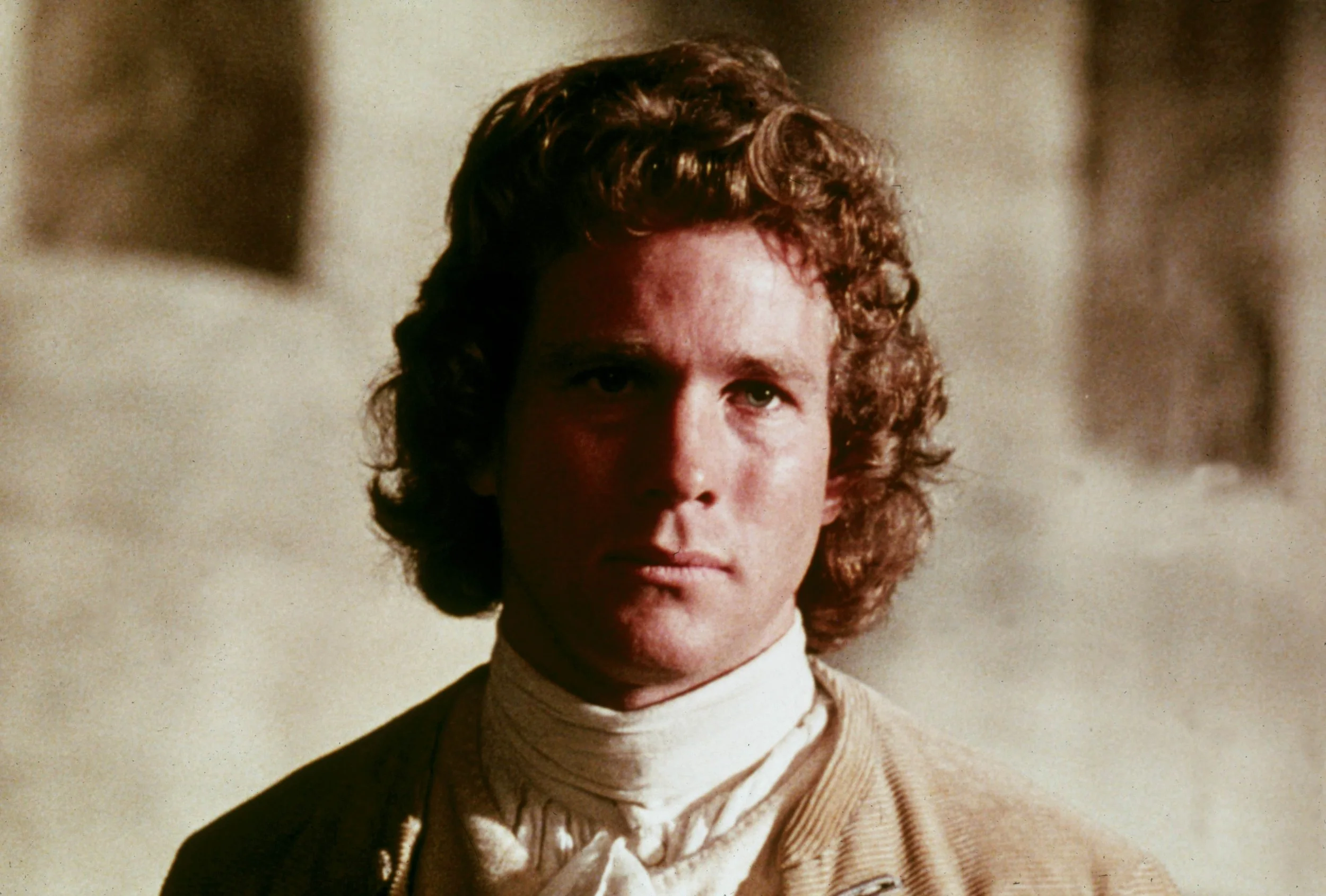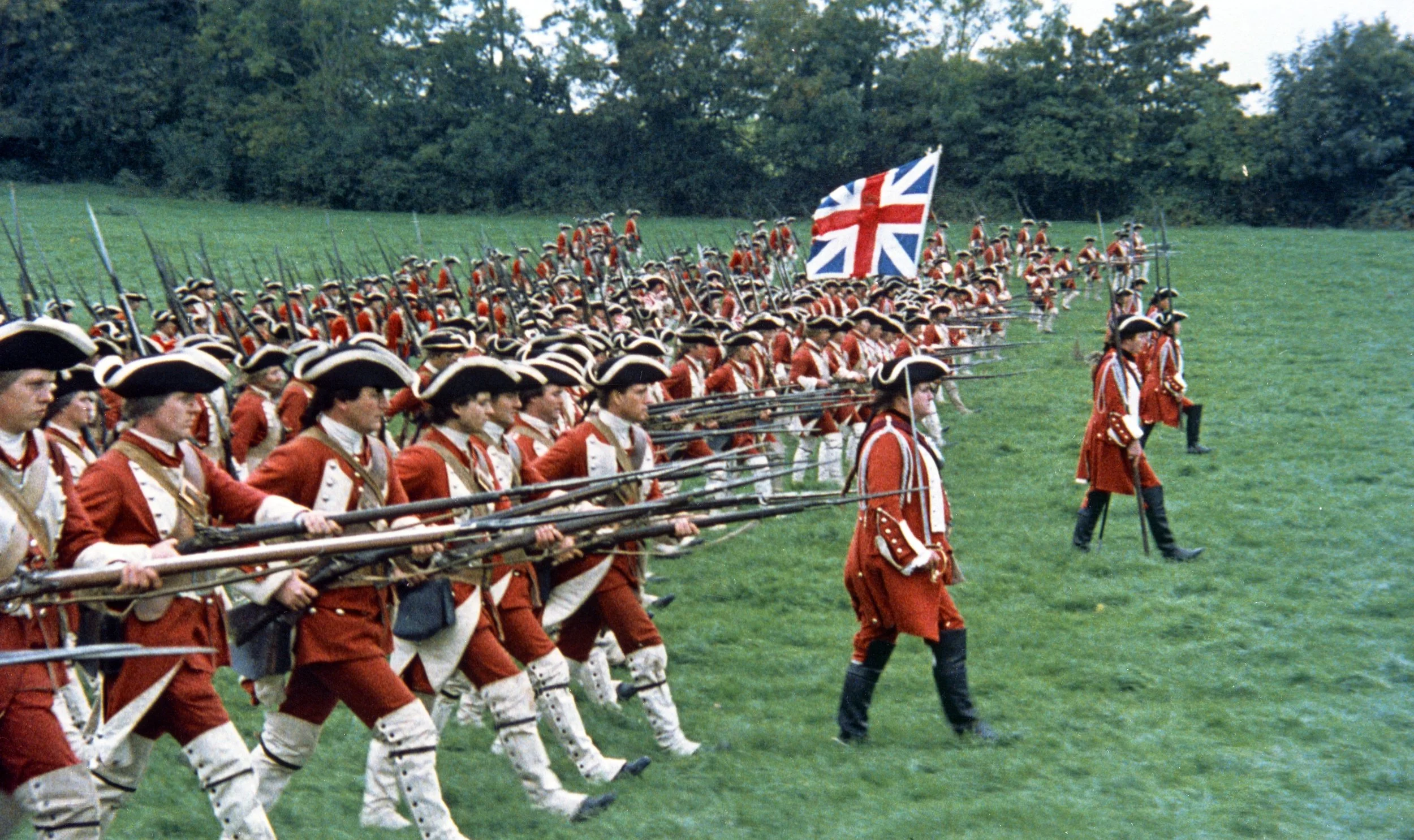Fest Track On Sirk TV Film Review: BARRY LYNDON [Cannes Film Festival 2025 - Cannes, France]
Watching a film on the big screen after many years on home entertainment can be both enlightening but also dramatically different in response. The screening of "Barry Lyndon" [Cannes Classics] is interesting since most of those people involved are gone. But one person: Marisa Berenson who played Lady Lyndon graced the stage at the Debussy Theater. In that way there is still connection to the past. Known in many ways for its use of NASA lenses to shoot in low light, the aspect of the film that is more compelling is the very immense zoom shots that are much more dynamic on the big screen. The story of Redmond Barry (Ryan O'Neal) is, of course, transactional, opportunist but also a fall from grace. While the intermission was avoided, the passage of Barry's loss of innocence leads to his eventual downfall. The story that seems to play even more is within Lord Bullington (Leon Vitali) and his subvergence of Barry's power. Having talked to Vitali around 2015, it is interesting to hear of his interaction with Kubrick but also how he hung out on set to learn during the production of this film.
It tends to make that character's importance even more defined because he wants to be loved and is not inherently a bad person but Barry simply saw an opportunity. Redmond Barry is a cheat and a swindler but he rose to heights because of his ability to adapt. That is why when his mother comes to see him, she puts him straight but that also leads him to ruin, especially after a certain tragedy. Of course the pacing and the build is the key here. This movie has a different cadence from the one right before it: "A Clockwork Orange" but it also has a regality as if Kubrick was looking for the polar opposite. I also found myself thinking again watching the screen as to what his "Napoleon" at that time or a little later would have looked like.
It would have been much different than Ridley Scott's version which misfired on many levels. Steven Spielberg also looked at making "Napoleon" as a series but seemingly also gave up. The one point that ultimately sticks out in the film (aside from the gambling scenes by candlelight which are beautiful as are the parlor room jousting scenes as Barry steals Lady Lyndon away ) is the marked decision by Barry in the duel. The aspect of the lapse of reason or a moment of empathy changed his path but also righted a wrong. "Barry Lyndon" is nothing if not about moral quandary and the basis of class. But still all these years later, it has a power but not overwhelming, perhaps being lower on the rung than other Kubrick classics but he was about playing with the form while also being classically adept to it.
By Tim Wassberg



